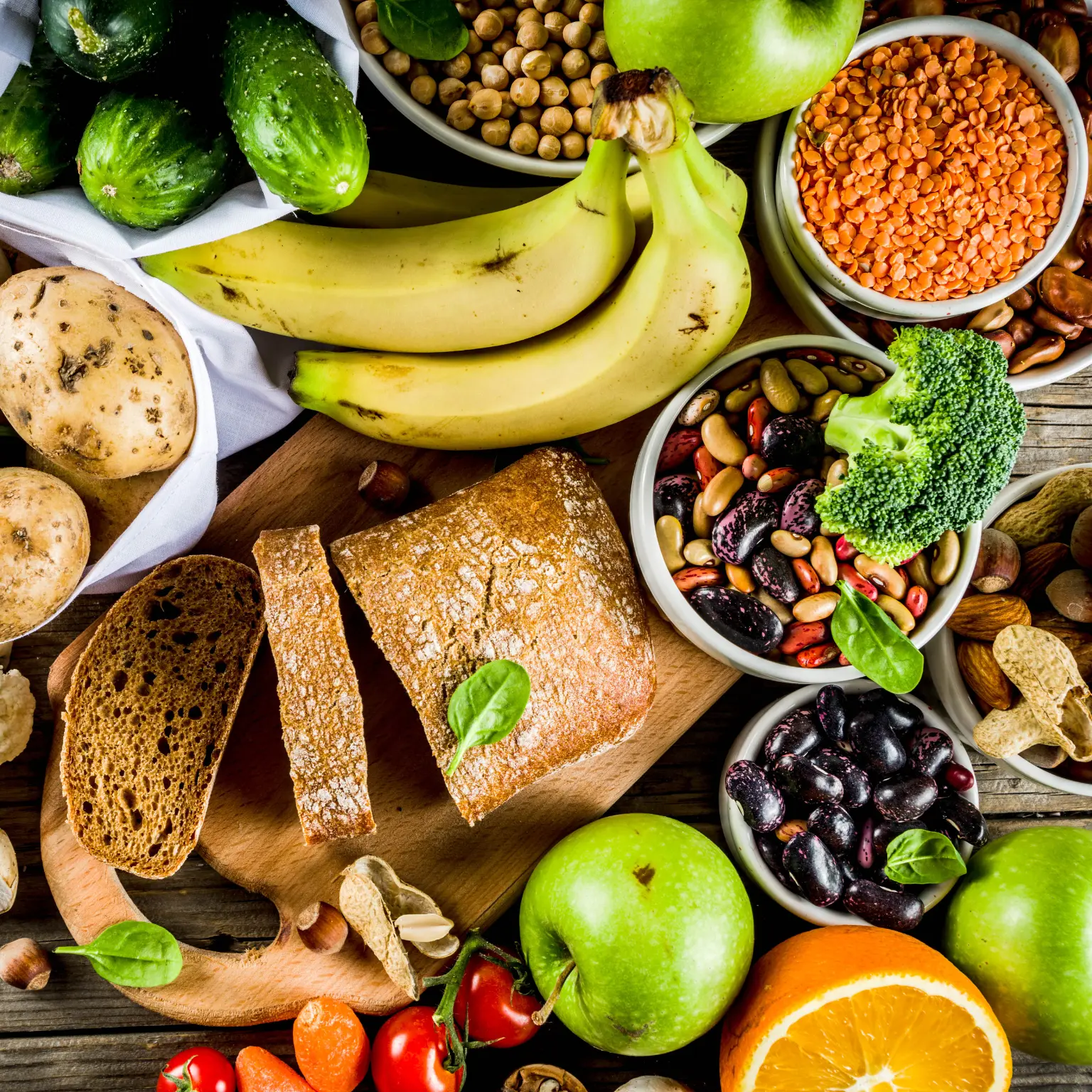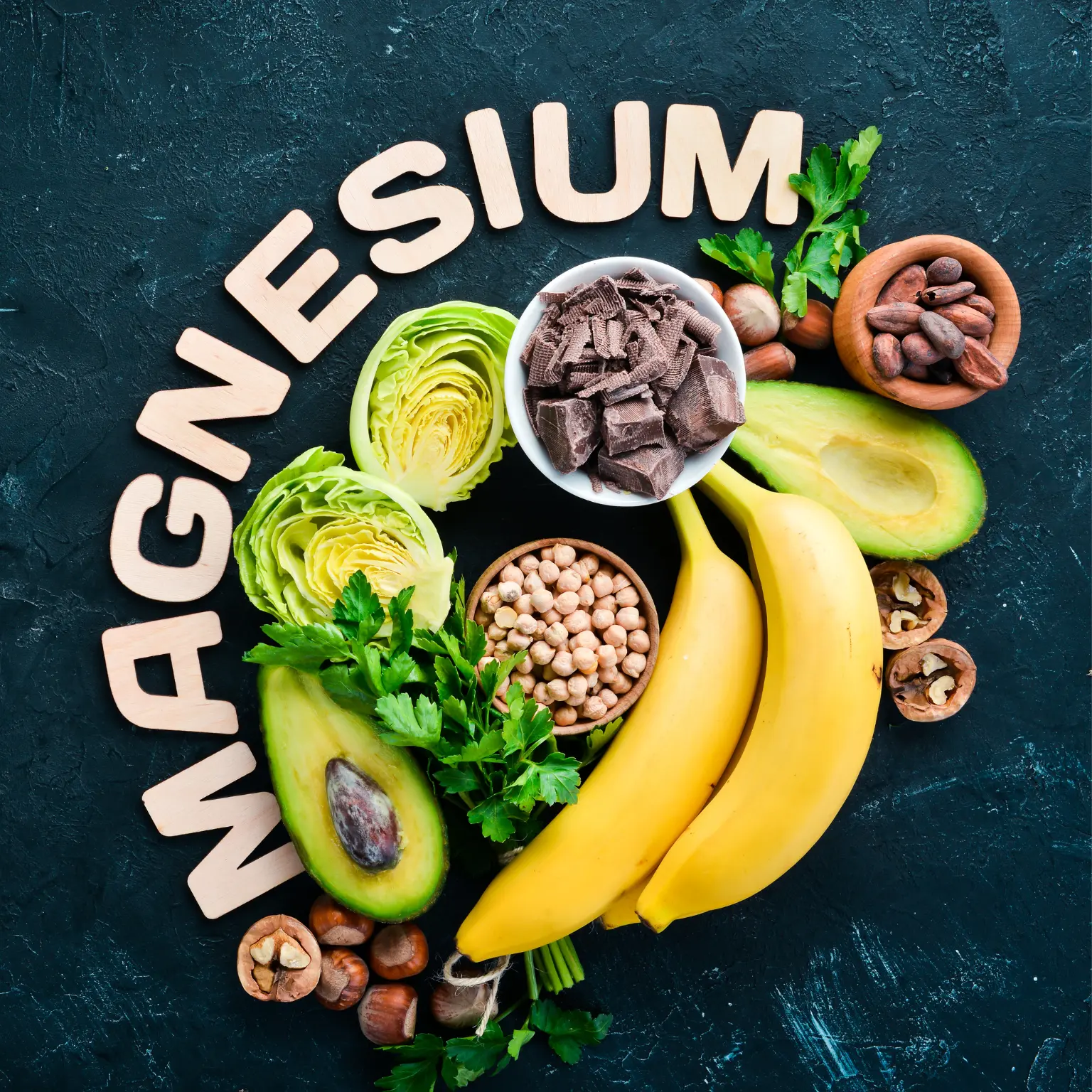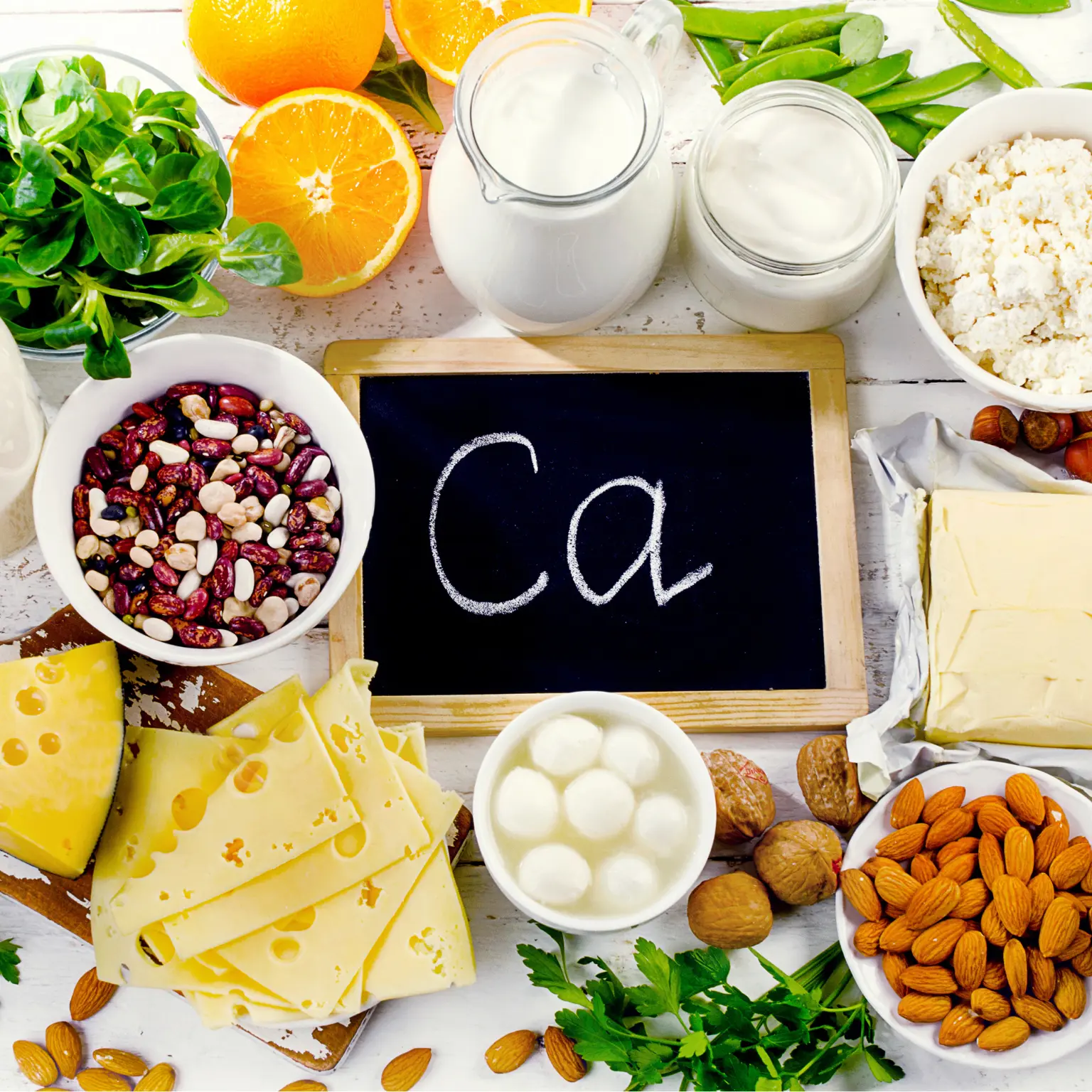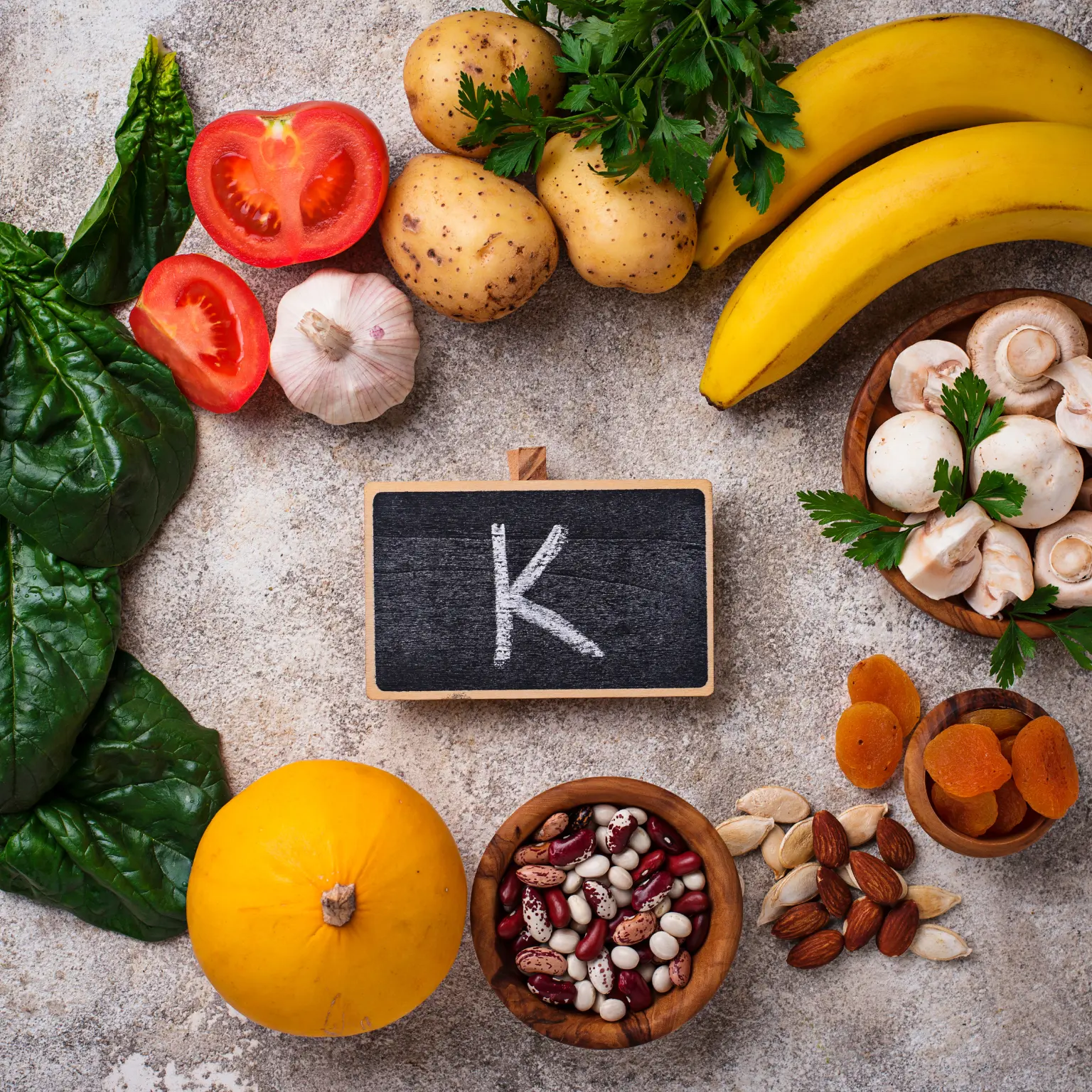The Positive Health Effects of a Plant-Based Diet for Your Wellbeing
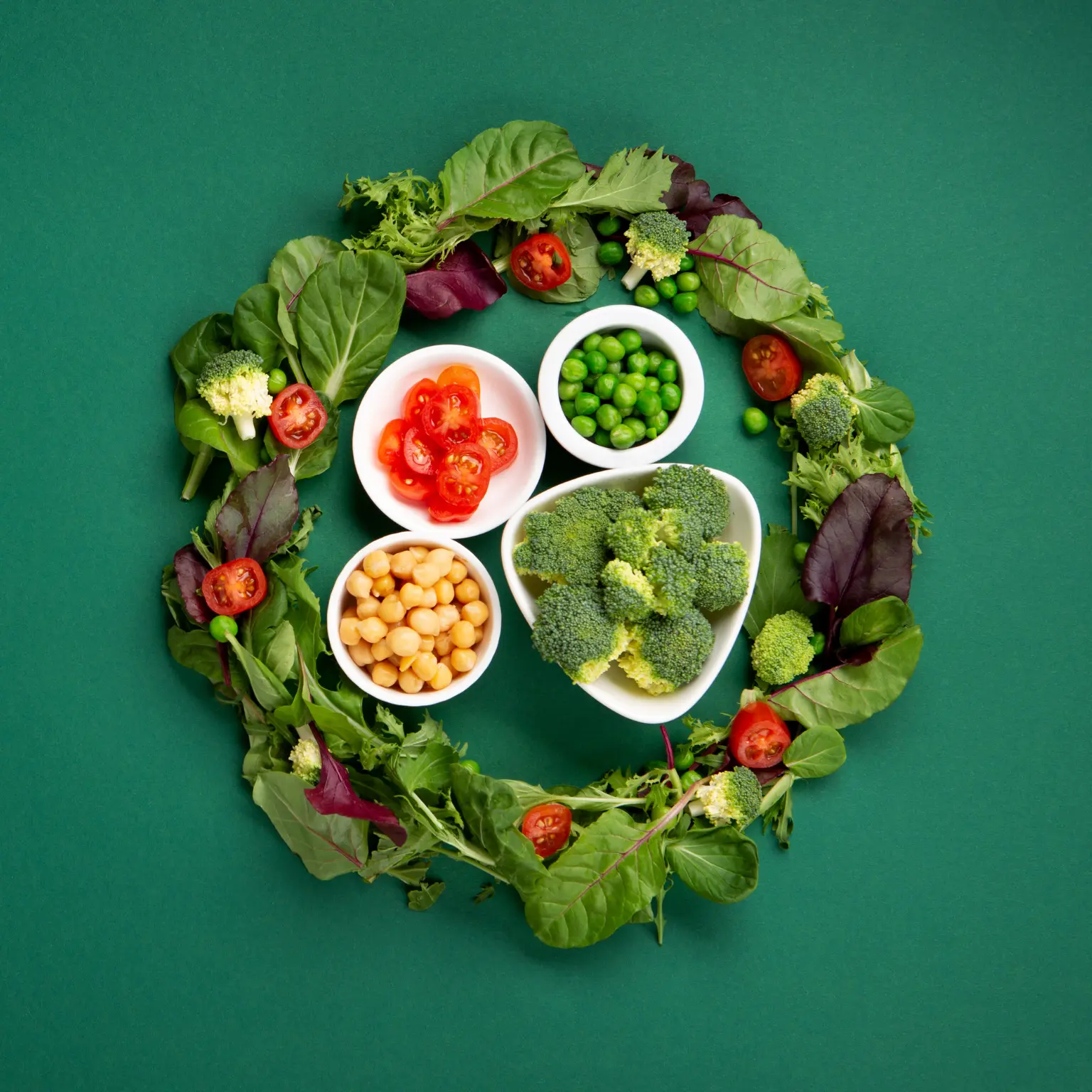
Are you curious about the buzz surrounding plant-based diets? We at Healthy Stride Wellness, believe in the transformative power of eating more plants.
A plant-based diet’s count of calories centers on nourishments determined from plants, counting vegetables, natural products, nuts, seeds, oils, entirety grains, vegetables, and beans. With increasing popularity due to its numerous health benefits, it’s a lifestyle choice worth exploring.
Table of Contents
Key Takeaways
- Health Benefits: Plant-based diets can improve your health in many ways, including aiding in weight loss, improving heart health, boosting your immune system, and increasing energy levels.
- Environmental Benefits: Choosing a plant-based diet is not only good for you, but it’s also good for the planet. It reduces water usage, greenhouse gas emissions, and land use compared to diets high in animal products.
- Easy to Transition: Switching to a plant-based diet doesn’t have to be all or nothing. You can easily incorporate more plant-based meals into your routine and find healthy sources of protein like beans, lentils, nuts, and seeds.
Weight Loss
How a Plant-Based Diet Aids in Weight Loss?
Switching to a plant-based diet can be a game-changer for weight loss. Plant-based foods are typically lower in calories and higher in fiber, which helps you feel full longer. The diet encourages the consumption of whole, unprocessed foods, which are nutrient-dense and satiating.
Success Stories and Examples
Many people have found success in losing weight on a plant-based diet. For example, John, a 35-year-old from the UK, lost 20 pounds in three months by switching to a diet rich in vegetables, fruits, and whole grains. He reports feeling more energetic and satisfied with his meals.
Improved Heart Health
The Impact of Plant-Based Diets on Cardiovascular Health
A plant-based diet is excellent for heart health. Studies show that plant-based eaters have lower rates of heart disease, high blood pressure, and cholesterol. The diet is rich in antioxidants, fiber, and healthy fats that support cardiovascular health.
Key Nutrients that Support Heart Health
- Fiber: Found in whole grains, fruits, and vegetables, fiber helps reduce cholesterol levels.
- Omega-3 Fatty Acids: Present in flaxseeds, chia seeds, and walnuts, these fats are crucial for heart health.
- Antioxidants: Plenteous in berries, verdant greens, and nuts, cancer prevention agents ensure against irritation and oxidative stress.
Better Digestion
Benefits of Fiber-Rich Plant Foods for Digestion
Plant-based diets are naturally high in fiber, which is essential for a healthy digestive system Fiber makes a difference in controlling bowel developments, anticipating stoppage, and nourishing advantageous intestine bacteria.
Examples of Digestive-Friendly Plant-Based Foods
- Vegetable matter: The seeds of chick lentils, and beans are high in fiber as well as protein.
- Fruits: Apples, berries, and pears are excellent sources of dietary fiber.
- Vegetables: Leafy greens, carrots, and broccoli support digestive health.
Boosted Immune System
How Plant-Based Diets Strengthen the Immune System?
A diet rich in fruits, vegetables, nuts, and seeds provides essential vitamins and minerals that bolster the immune system. Nutrients like vitamin C, vitamin E, and zinc play a critical role in immune function.
Essential Vitamins and Minerals Found in Plant Foods
- Vitamin C: Found in citrus natural products, strawberries, and chime peppers.
- Vitamin E: Abundant in nuts, seeds, and spinach.
- Zinc: Present in legumes, nuts, and seeds.
Enhanced Energy Levels
Why Plant-Based Diets Provide Sustained Energy?
Plant-based diets offer a steady supply of complex carbohydrates, which are the body’s primary energy source. These foods release energy slowly, keeping you energized throughout the day without the crashes associated with processed foods.
Best Plant-Based Foods for Energy
- Whole Grains: Brown rice, quinoa, and oats provide lasting energy.
- Fruits: Bananas, apples, and berries are awesome for a speedy vitality boost.
- Nuts and Seeds: Almonds, chia seeds, and pumpkin seeds offer a healthy dose of fats and protein.
Environmental Benefits
Positive Impact on the Environment
Eating a plant-based diet not only benefits your health but also the planet. Plant-based diets require fewer resources and produce fewer greenhouse gases compared to diets high in animal products. This helps reduce your carbon footprint and supports environmental sustainability.
How Does Eating Plant-Based Contribute to Sustainability?
- Reduced Water Usage: Plant foods generally require less water to produce than animal products.
- Lower Greenhouse Gas Emissions: Plant-based diets produce significantly fewer emissions.
- Conservation of Land: Less land is needed to grow plant foods compared to raising livestock.
Transitional Plant-Based Dietary Guidance
Steps to Start Incorporating More Plant-Based Meals
- Start Small: Begin by incorporating one plant-based meal a day.
- Explore Unused Formulas: Attempt unused plant-based formulas to keep suppers exciting.
- Gradually Replace Animal Products: Swap out meat, dairy, and eggs for plant-based alternatives.
Common Challenges and How to Overcome Them
- Finding Protein Sources: Incorporate a variety of plant proteins like beans, lentils, tofu, and quinoa.
- Meal Planning: Plan your meals ahead of time to ensure a balanced diet.
- Nutrient Intake: Ensure you’re getting enough essential nutrients, especially vitamin B12 and iron, by eating fortified foods or taking supplements.
Plant-Based Protein Sources
Four Best Sources of Plant-Based Protein
- Fruits and vegetables: Chickweed, lentils, and soybeans are high in amino acids and fibre.
- Nuts and Seeds: Almonds, chia seeds, and hemp seeds provide protein and healthy fats.
- Whole Grains: Quinoa, brown rice, and oats offer a good amount of protein.
- Soy Products: Tofu, tempeh, and edamame are rich in protein.
How to Meet Protein Needs on a Plant-Based Count calories?
Incorporate a variety of protein sources throughout the day to ensure you’re getting all essential amino acids. Combine grains and legumes, such as rice and beans, to create complete proteins.
Variety and Creativity in Plant-Based Meals
How to Keep Meals Interesting and Diverse?
- Experiment with Different Cuisines: Try plant-based dishes from various cultures, such as Indian curries, Mexican tacos, and Italian pasta, to add variety and excitement to your meals.
- Use Spices and Herbs: Enhance the flavours of your dishes with a variety of spices and herbs like turmeric, cumin, and basil to keep your meals flavorful and interesting.
- Try New Ingredients: Incorporate a wide range of vegetables, fruits, grains, and legumes into your meals to explore new textures and tastes, ensuring a diverse and balanced diet.
3 Examples of Creative Plant-Based Recipes
- Chickpea and Spinach Curry: A flavorful, protein-rich dish that combines tender chickpeas and fresh spinach in a spicy, aromatic sauce.
- Quinoa Salad with Roasted Vegetables: A nutrient-dense, colourful meal featuring fluffy quinoa mixed with a variety of roasted vegetables, perfect for a healthy lunch or dinner.
- Smoothie Bowls: Blend your favorite fruits with plant-based milk, then top with nuts, seeds, and fresh berries for a delicious and nutritious breakfast or snack.
Long-Term Health Benefits
Research Findings on the Long-Term Effects of a Plant-Based Diet
Studies consistently show that plant-based diets are linked to lower risks of chronic diseases such as heart disease, diabetes, and certain cancers. Long-term adherence to a plant-based diet can lead to improved overall health and longevity.
Personal Testimonials and Experiences
Many individuals report feeling more energetic, losing weight, and experiencing fewer health issues after transitioning to a plant-based diet. For example, Sarah, a gym enthusiast from Canada, found that her endurance and recovery improved significantly after adopting a plant-based lifestyle.
At The End
Embracing a plant-based diet offers numerous health benefits, from weight loss and improved heart health to better digestion and increased energy levels. Additionally, it positively impacts the environment and supports sustainability. Start incorporating more plant-based meals into your diet and experience the transformation for yourself. At Healthy Stride Wellness, we encourage you to explore the joys and benefits of a plant-based lifestyle.
Visit Healthy Stride Wellness for additional information and tools on switching to a plant-based diet and enhancing your general health!
FAQs
Can I get sufficient protein on a plant-based diet?
Yes, you can meet your protein needs on a plant-based diet by incorporating a variety of protein-rich foods such as legumes, nuts, seeds, whole grains, and soy products.
Is a plant-based diet suitable for weight loss?
Absolutely! A plant-based diet is often lower in calories and higher in fiber, which can help you feel full and satisfied, making it an effective approach for weight loss.
How do I start transitioning to a plant-based diet?
Start by slowly joining more plant-based dinners into your count calories. Experiment with new recipes, plan your meals ahead of time, and ensure you’re getting a balanced intake of essential nutrients.
Please Note: Healthy Stride Wellness provides educational content and is not a replacement for medical advice. Consult a healthcare provider for any health issues.

